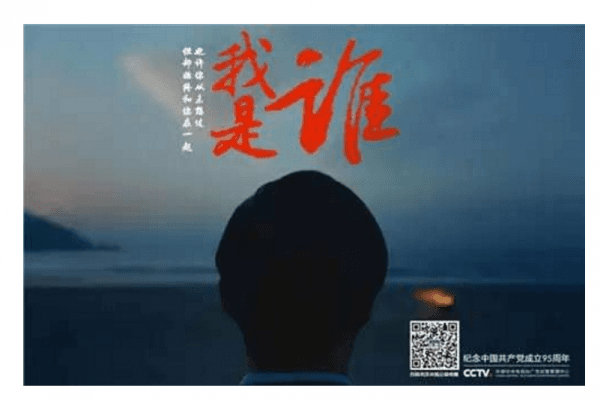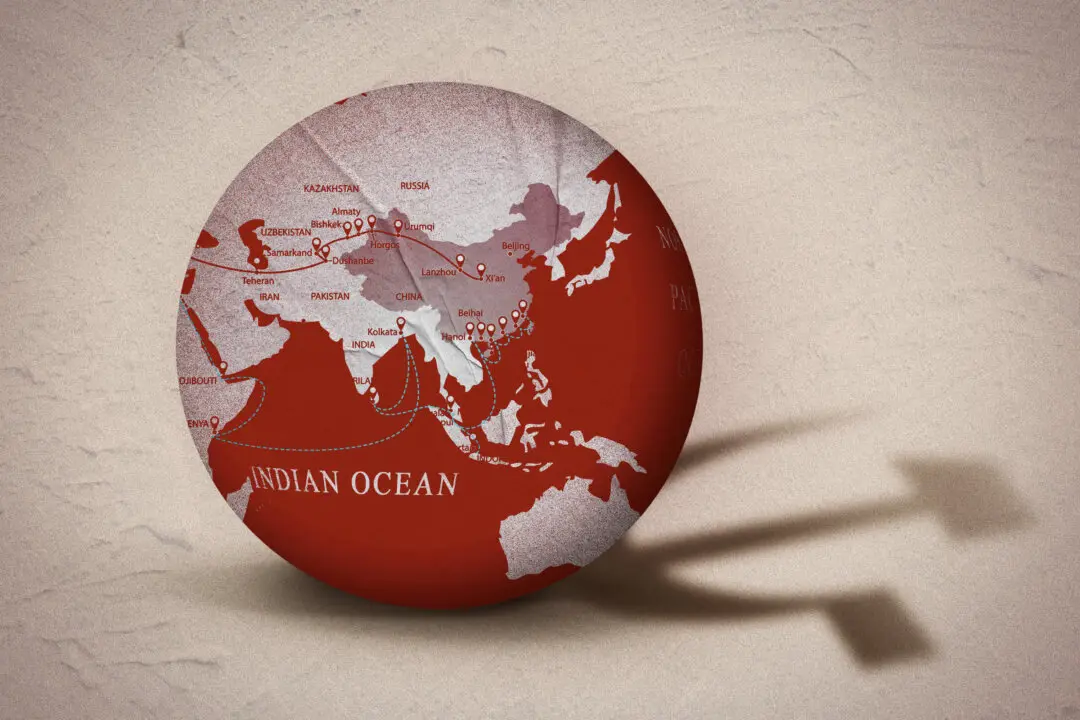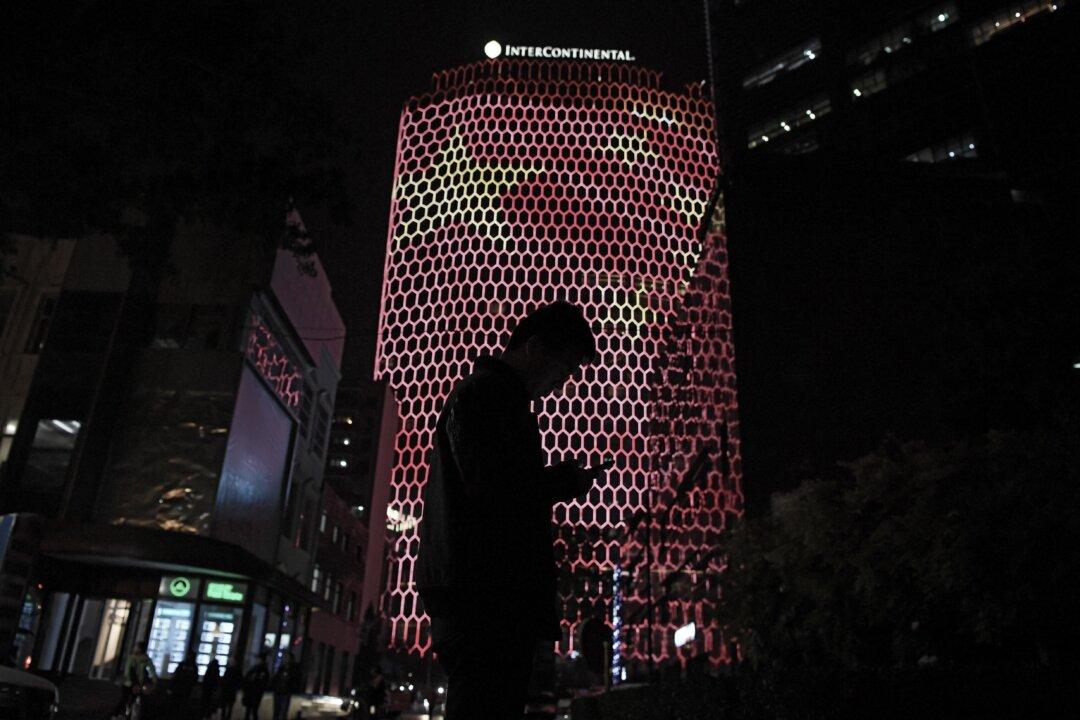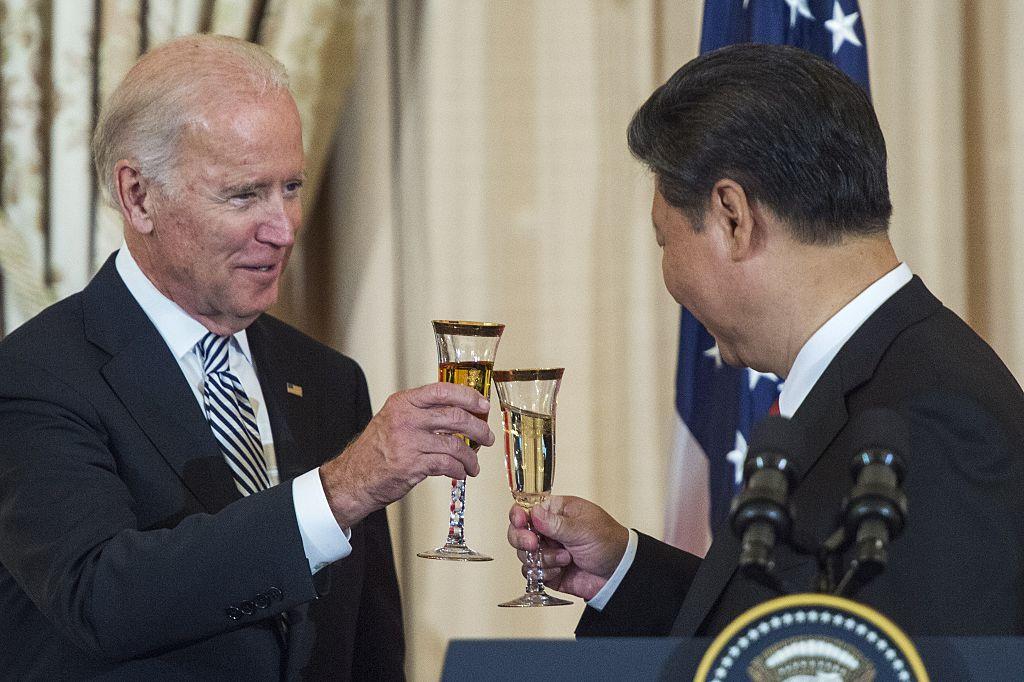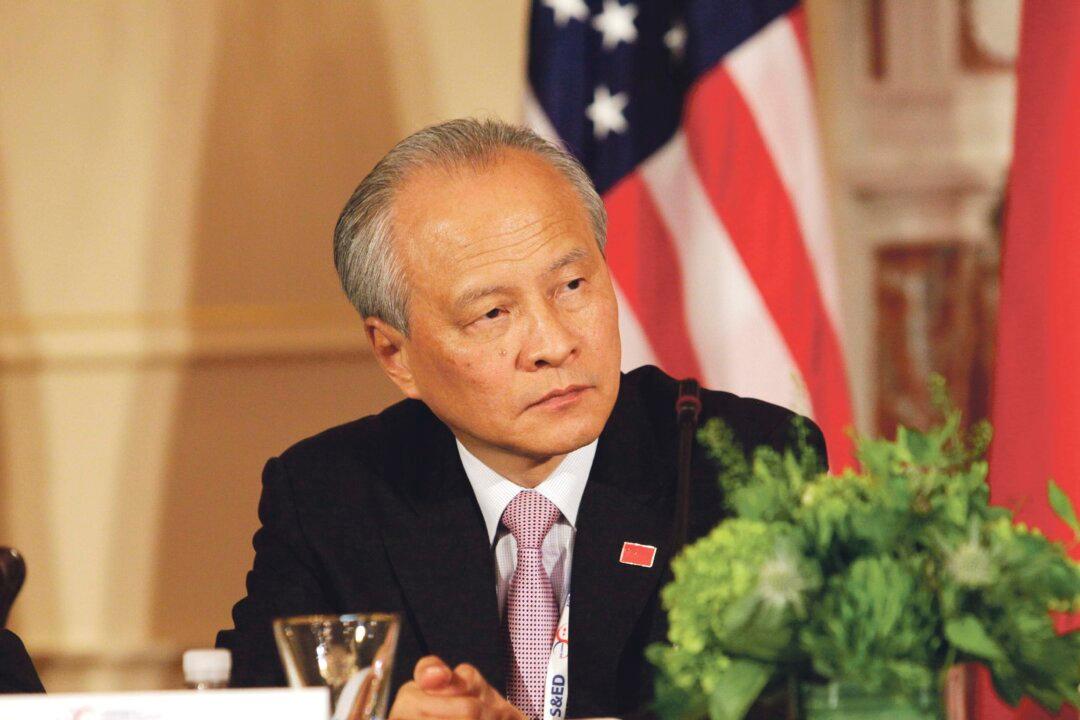Years ago, I applied for a faculty position with a gigantic school in the Midwest. They were very gracious in granting me an interview at the American Marketing Association conference, but not a campus visit which is the key step after the initial meeting. Coincidentally, at a cocktail break, I came across the department chair of that school. He recognized me and wanted to downplay the turn-down, and after praising my “interesting research” said to me, “we'd love to have you here, but, sometimes, it’s just cognitive dissonance you know….” I thanked him for his kindness.
Dissonance in cognition, is exactly what happened when the Communist government of China launched a first ever public relations ad campaign on Chinese television, stimulating a huge array of angry and satirical responses from the masses. In its ninety some years of history, the CCP almost never ran image ads on media: they could not possibly run it when Kuomintang was in power, and they would not need to run it when they themselves are in power since 1949, as they could simply dictate the state-run media to say whatever the party wants to say, thereby no need for running any paid advertisement.
What sets its action different this time is that, the PR and image building messages are presented as an ad, a carefully crafted ad that looks like just about any public service ad or non-profit organization ad in the West. The theme of the ad is “Who Am I?” ─ the “I” referring to the CCP itself.
When a party that is so frail and so falling apart wants to run its image ad, the public can’t help but wondering what’s on their mind, are they crazy or out of their own mind for God’s sake? Believe it or not, the ad, from its planning to its design and execution, is actually full of “capitalism with Chinese characteristics.”
In the ad, 6 unremarkable people presented themselves, a college girl said she left classroom the last, a janitor said she came to work the earliest, a doctor said he cared about himself the least, a traffic policeman said he was the last one to leave work, and a village cadre said he cared about his people the most, etc. In the end, all the figures came in together and the tag line appears: “I am the Chinese Communist Party, and we are always with you!” Pretty scary to people of the free world right? Imagine the Communist Party is with you, always!
The dissonance surfaced as a citizen from Beijing said that the tag line is the most desperate-sounding phrase he’s ever heard, and another man from Tianjin said the ad is outright “vicious terror.”
State-run media in China later said that the ad is about public service, which is definitely not true. As the ad is not geared toward promoting some public services or welfare for the people, such as anti-tobacco, recycling, or environmental protection. Instead, it promotes, positions, and serves a societal group that is purely in existence for its own best interests.
There is also a fatal mistake in the ad design. As a political party, an image ad for yourself should focus on your ability to govern and run the country, but if all you show to the world are people who come to work early, do a good job on the operating table, clean and mop the floor the best, or doing fine in directing traffic, that in itself does not portray you as a qualified and competent governor or politician, right? If, in your ad, you say that the party exists to serve those people mentioned above, that might be acceptable. Obviously, somebody messed it up.
Maybe the CCP can learn something from GOP or Democrats in America who just finished their national conventions in July. The two major parties in America only advertise when an election is coming up, they don’t have the budget nor intention to promote themselves during the non-election season. And when they do advertise, they would say more about their political agenda, their platforms, and how they were going to run the country. Take for example Donald Trump, who has no experience other than building. So his campaign ads feature “building”, “constructing”, and “making” America great again. And Ben Carson, a neurosurgeon, never told America how well he did in the operation room, but instead focused on the symptoms he found in America and how he was about to fix them!
The CCP really does not need to advertise, period. Advertising costs money, and true advertisers will all have to think about that factor, otherwise, if the cost of advertising is low, the consumers will be bombarded with ads all over the place. The CCP does not need to worry about the cost and can direct the media to say anything the party wants, so why do they use an ad this time to send their messages, instead of issuing orders or using white papers and party-drafted editorials? Apparently, they must have thought the old-fashioned way of using government white papers or government sanctioned editorials are not as effective and credible, so they opted to use a commercial type of ad instead.
Again the party missed the mark. In mass communication and advertising theory, an ad is considered the lowest in credibility and believability, and highest in cost. The best way to communicate with high credibility and believability is not advertising, nor promotion, nor personal selling, but “word of mouth”, which is also free. Obviously, the word of mouth image of the CCP is not too good in China. It must be quite bad. And that’s also the reason why the government filters WeChat, monitors SMS, and banned Facebook and Twitter in China.
Basically, good advertising aims at creating likability and credibility, and then through repeated advertising, creating good buzz and desired words of mouth promotion. So if the believability is being questioned and affinity not achieved, and dissonances in cognition became the outcome, the first ever ad campaign of the CCP can pretty much be described as a total disaster. And, more importantly, why does the CCP run an ad at this moment in time? It is not coincidental that the party is really on the borderline or edge of the cliff right now, since over 240 million Chinese people have renounced their memberships in the CCP and its affiliated organizations. For those 240 million people and the remaining 1.1 billion, the party certainly had to cross its fingers in attempting to curry favors from them.
Just days ago, the Atlanta based “Chick-fil-A” restaurant chain decided to drop their well-known ads depicting cows uttering things like, “Eat mor chickin” (therefore less beef). Some teachers were upset because it promoted incorrect spelling and could harm children. At least we won’t need to worry about those cows confusing American school children anymore. It remains to be seen how the CCP’s ad campaign plays out.
Dr. Frank Tian Xie is John M. Olin Palmetto Professor of Business and Associate Professor of Marketing at the University of South Carolina Aiken, in Aiken, SC, USA.
